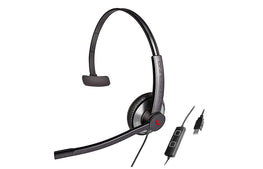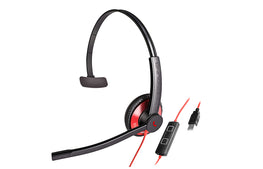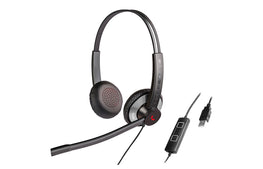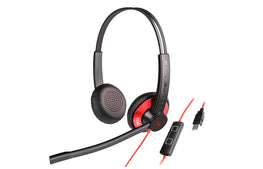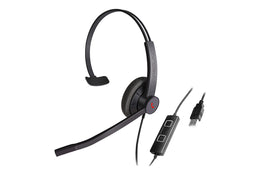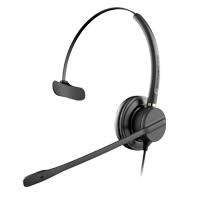
Can voice recognition deliver a return on investment?
There is little doubt that voice recognition is a cutting edge technology that has the potential to help busy professionals, especially doctors, become more efficient.
Perhaps that is the reason why at least 90 per cent of hospitals in the United States have plans to deploy some form of speech-to-text software.
A rising trend
According to a report released by healthcare research company KLAS, despite clinicians' apprehension – uptake of the new technology is promising.
The research notes voice recognition companies believe that one of the major barriers to adopting the innovative solution is user apprehension.
This is despite the fact that return on investment is quite impressive. The KLAS report explains that hospitals recorded reduced transcript costs, lower documentation time and more comprehensive patient narratives.
The author of the report Boyd Stewart says it is the physicians who are averse to the change.
"While hospital leadership sees the value of Front End Speech, many end users are frustrated that they are now being asked to do the work of transcriptionists," he elaborated.
The need for efficiency
This comes at a time when research is increasingly pointing to the fact that speech recognition has the potential to improve and enhance the clinical process significantly.
American Health Information Management Association also suggests this is particularly relevant in present times because the need to keep a record of every examination is growing. This is due to a shortage of experience medical transcriptionists.
Can voice recognition can improve the clinical process?
One of the key elements to lesser people in the waiting room is to reduce handover time.
A study published in the e-health journal JMIR shows that speech recognition has the potential to make this process quick and efficient. In fact, the researchers suggest that the overall clinical documentation system could be improved significantly thanks to the technology,
"This way also improves accessibility and availability of existing documents in clinical judgment, situational-awareness, and decision making," concluded the researchers in the paper.
This means that voice recognition software can be used as a tool to improve the quality of healthcare.
Accurate and quick clinical handovers can also prevent mistakes. Verbal communication is prone to error – in fact the same research points to the fact that close to seven in ten times information is lost after 3-5 shifts.

